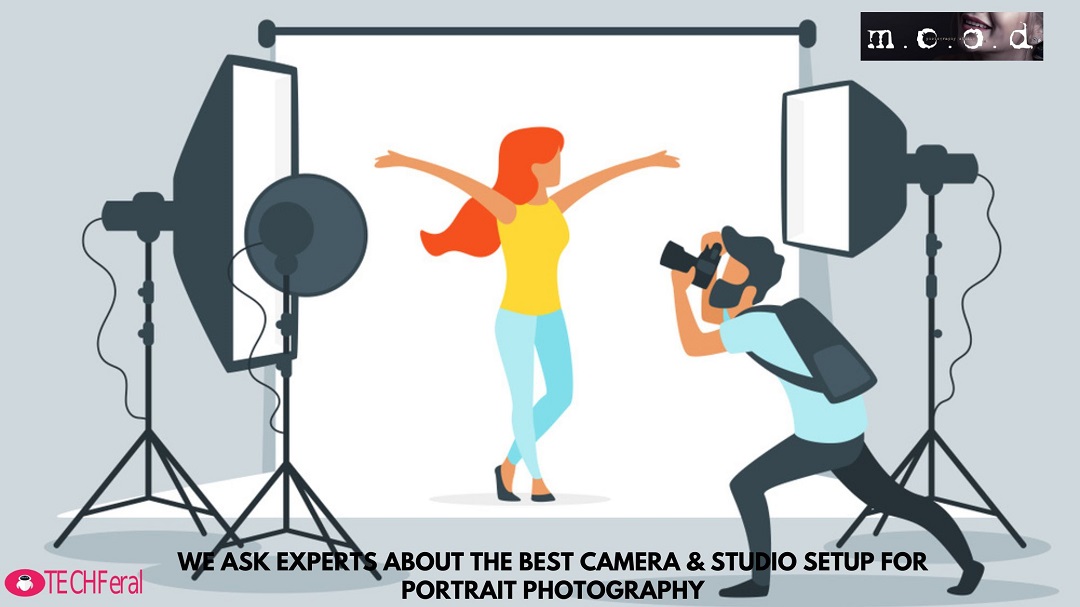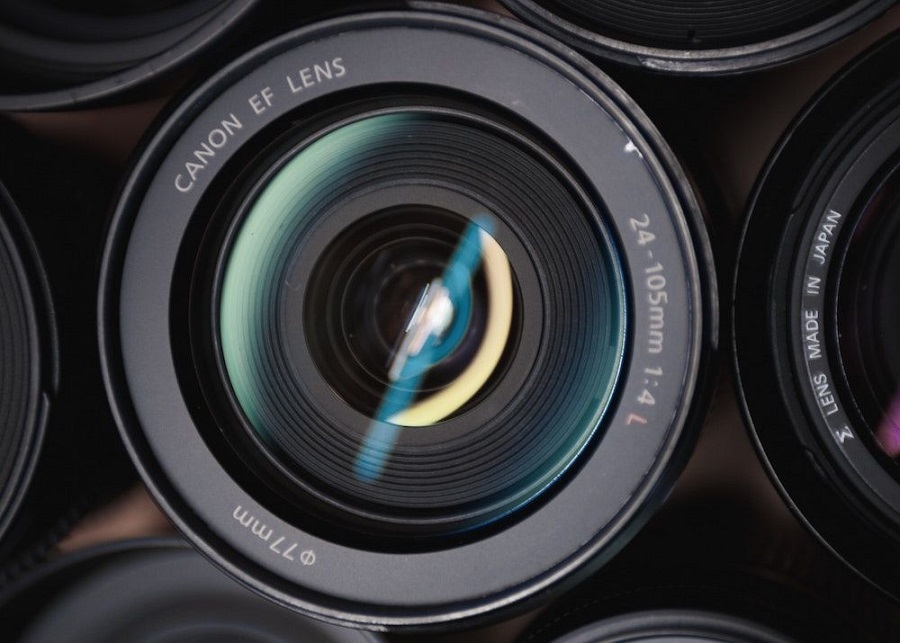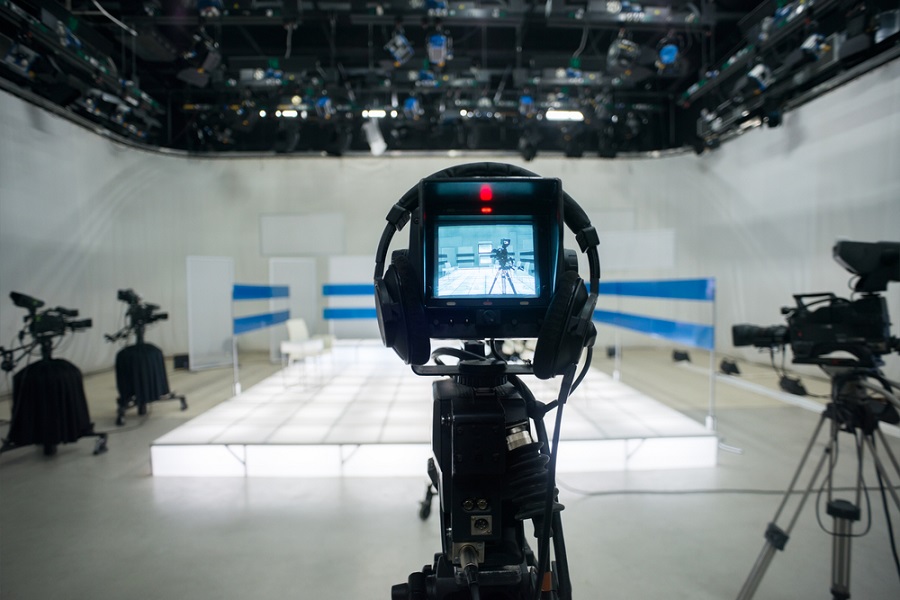
Last updated on : January 9th, 2023 by R Yadav
Portrait photography can be a rewarding and challenging genre, as it requires not only technical proficiency but also the ability to connect with and capture the personality of your subject. To help you achieve the best possible results, it's important to have the right equipment and studio setup. We ask the portrait photography experts from Mood Studio about some of the top camera and studio setups for portrait photography to help you find the perfect setup for your needs and budget.
When it comes to choosing a camera for portrait photography, there are several key factors to consider. One of the most important is image quality. Look for a camera with a high-resolution sensor, as this will allow you to capture fine details and produce large, sharp prints. Another key factor is low-light performance, as many portrait sessions take place in studios or other controlled environments with less-than-ideal lighting conditions. A camera with good low-light performance will be able to capture clean, noise-free images in these situations.

Another important consideration is the lens. A fast lens, with a wide aperture, is essential for portrait photography as it allows you to capture shallow depth of field, which helps to separate your subject from the background and draw attention to their face. A lens with a focal length of around 85mm is a good choice for headshots and full-length portraits, as it provides a flattering perspective and compresses facial features, helping to minimize distortion.
When it comes to studio setups, there are several key elements to consider. First and foremost is lighting. A good portrait lighting setup should provide even, flattering illumination that enhances the natural beauty of your subject. A three-point lighting setup is a classic choice, consisting of a key light, a fill light, and a backlight. The key light is the main light source and should be positioned to one side of the subject, while the fill light is used to soften shadows and add dimensionality. The backlight helps to separate the subject from the background and adds a touch of drama.

Another important element of a studio setup is the backdrop. Choose a backdrop that complements your subject and the overall look and feel of the portrait. Solid-colored backdrops are a classic choice and can be used to create a variety of moods, from clean and modern to warm and romantic. If you want to add some visual interest to your portraits, consider using a patterned or textured backdrop, or create your own using a roll of seamless paper or muslin.
Other key elements of a studio setup include props, such as chairs or stools for your subject to sit on, and reflectors, which can be used to bounce light back onto the subject and fill in shadows. A tripod is also essential for keeping your camera steady and ensuring sharp images.
The best camera and studio setup for portrait
on your specific needs and budget. Look for a camera with high-resolution and good low-light performance, and consider investing in a fast lens with a wide aperture. When setting up your studio, pay attention to lighting, backdrops, and other props, and use reflectors to fill in shadows and add dimensionality to your images. With the right equipment and setup, you'll be well on your way to creating beautiful, professional-quality portraits.
Read Also: The 5 things About Marketing Translation Services You Must Know